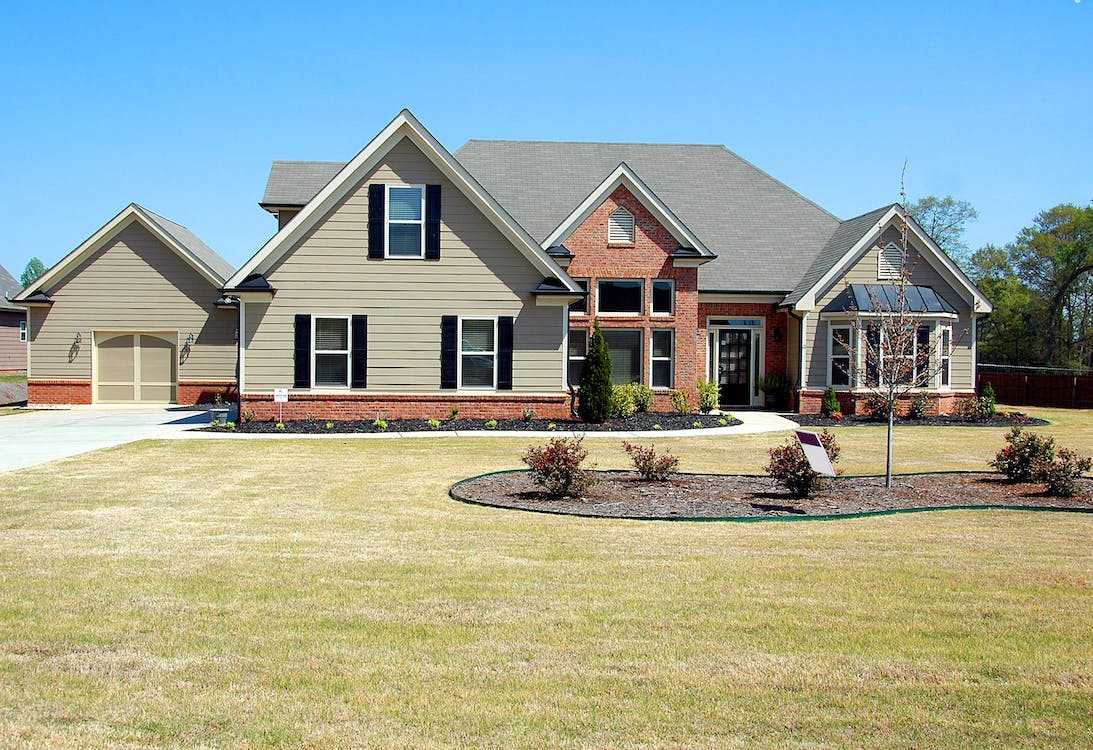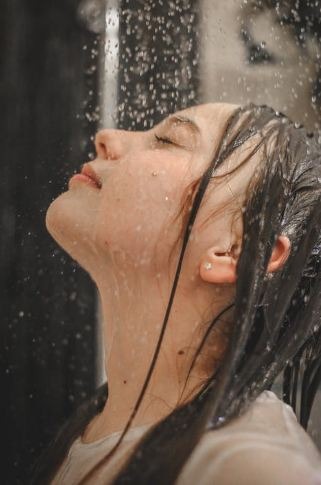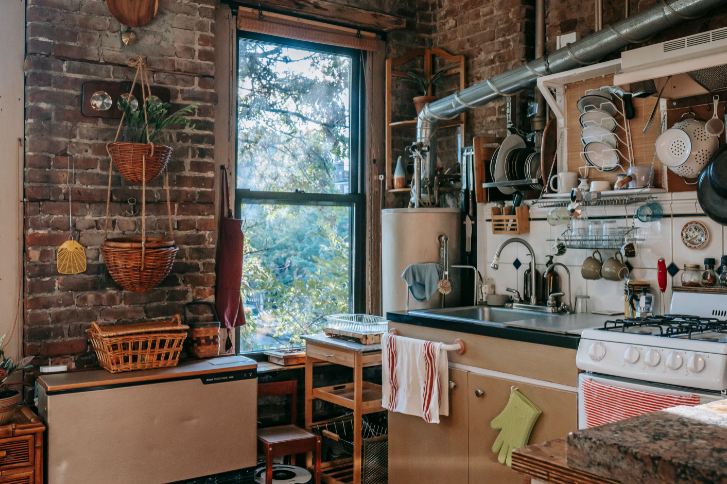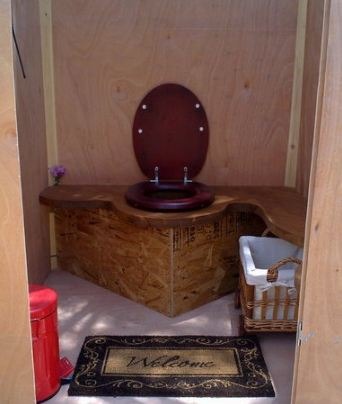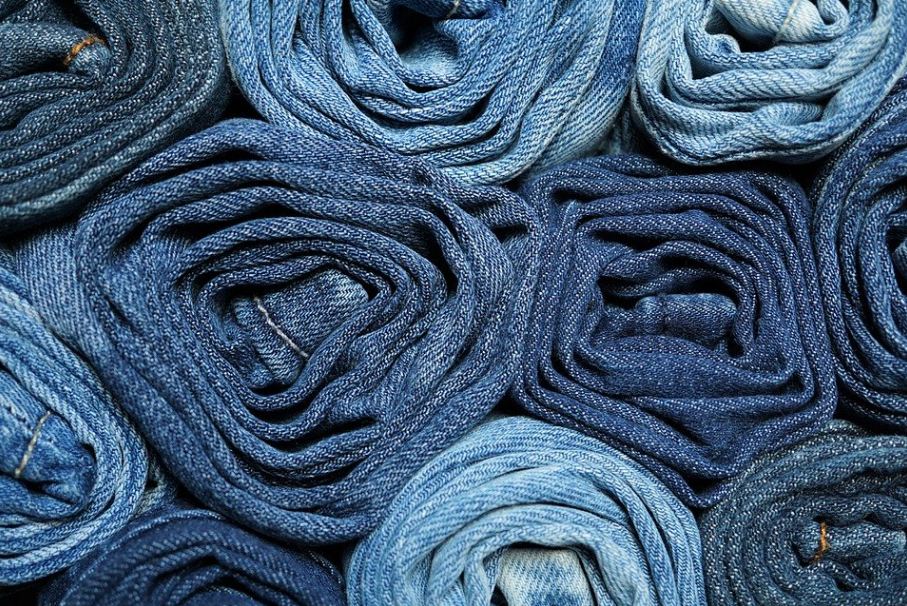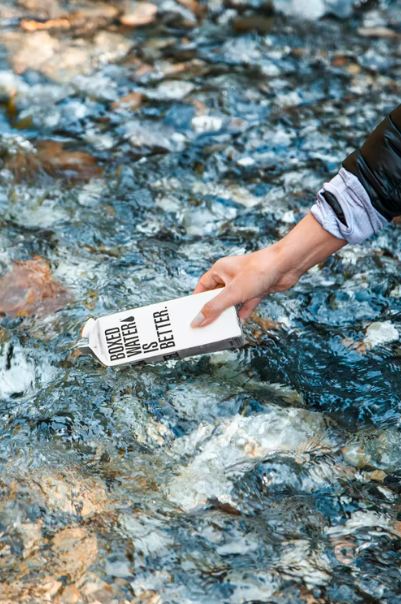Off-the-grid or off-grid is a lifestyle that people choose over different times in their lives. It is a living style without relying on one or more utilities. It usually refers to not being connected to the electricity grid but it includes other utilities such as sewer systems, gas, water, etc. Off-the-grid living can be residential homes, small communities, camper vans, tiny homes, and much more.
Living off-the-grid means that you might not be having modern facilities such as modern toilets, showers, and kitchen appliances that make the cleanliness efficient. But when you don’t have modern facilities, then you have to worry more about your hygiene. Hygiene is a serious topic because of contaminated water, or maybe unhealthy food.
Maintaining Hygiene While Living Off-The-Grid
Shower and Bathing
You can maintain personal hygiene easily while living off the grid by using a travel shower. Most people use solar energy to warm the water for a bath, washing dishes, doing laundry, etc. While living off-the-grid, it is a good idea to stay in a large tube or wading pool to catch the greywater. It can be reused for things such as watering the plants and flushing toilets.
If you don’t have access to clean water for a shower, then you can stay clean by using waterless body soaps, shampoos, and wipes. The foam formed by these body soaps and shampoos doesn’t need to be rinsed off. Hence, they make a perfect bath and cleaning while living off the grid.
Cleanliness in the Kitchen
The kitchen is the heart of the home and is one of the most important spaces to keep clean in preventing foodborne illness. Be sure to wash your hands before preparing the food because if you don’t, then you will be spreading the bacteria. Washing hands properly prevents more than 20 percent of respiratory infections and 30 percent of diarrhea-related illnesses.
While living off the grid, you might not be having access to clean water. In this situation, you can use hand sanitizers or antibacterial. It is not as good as washing your hands with soap and water but they keep your hands off from bacteria. On the other hand, keeping the dishes clean is an important thing.
For this purpose, you can fit a dishwasher in your tiny home that uses less water than washing dishes in the sink. Hence, you will be saving precious water.
Composting Toilets
To live off-the-grid, composting toilets are perfect and serve the purpose. They treat human waste odorless and safely by using little or no water. After each use, it is a great idea to put a thing like a coconut fiber, sawdust, commercial compost, and peat moss mulch in. They create air pockets that promote aerobic decomposition.
There are two main types of composting toilets. In a self-contained composting toilet, there is everything in a single enclosure that is installed in a bathroom. No plumbing is required for such toilets but it should be having ventilation. On the other hand, some toilets have non-electric, AC, and DC models. These toilets are capable of handling more waste than the other option.
During the cold weather, a heat source should be provided in the bathroom. It is because the microbes will makeup and the system will stop working if it gets too cold.
Clothing
Taking about the 20th century then washing machines are one of the great inventions. Our ancestors used a different technique to wash their clothes and they even did not have drying devices. When it comes to living off the grid, you might have to use conventional ways of washing and cleaning the clothes.
Packing Of Clothes: it is recommended to pack at least three sets of clothes. A small roll will help you to make a bundle of clothes that will fit in the tiny spaces. Also, you can put the package in the gallon-sized Ziplock bag that is waterproof.
Washing The Bags: A quick way of washing some clothes is to put them in a waterproof bag. Add a few cups of water with some biodegradable soap. Now shake the bag as the washing machine does it. Pour water in the bag and wring out the clothes. Again, put them back in the bag with clean water.
Now to clean them properly, shake for several minutes and the strains go away. To dry them, try using a flat place or tie them to a makeshift paracord.
Air Washing: If you are having limited access to water and soap, then you can try air wash for clothes. For this purpose, leave the clothes in sun for 2 hours on a flat board or tie them to the paracord line.
Water Issues
Clean water is the most precious resource while living off the grid. Using clean and safe water for drinking and cooking is the essential element of maintaining good hygiene. There are many ways to collect clean and pure water. If you live in a region where there is a lot of rainfall, then rainwater does not need to be purified. Make sure that you collect the rainwater from open source without touching trees or any other material.
The rainwater collected from the open source does not have debris before touching the ground. On the other hand, snow can be melted as a source of clean water. If you live near a river or stream, then try to collect the clean water from the upstream. If the water is scarce, especially in deserts, then look for deciduous trees. It is because there is water below such trees that is safe for drinking.
One of the best ways to purify water is to boil it. You can boil the water at 100 degrees Celsius for 20 minutes. It will remove the particular viruses, bacteria, and pathogenic organisms from the contaminated water.
Wounds
While living off the grid, people are more prone to opening wounds. It is because of an insect bite, scratch, or any kind of injury. In this situation, you are out of network, and seeking medical assistance might be impossible. So, for wounds, you need to use clean water every time you wash or clean the wound.
For sterilization of the wound, urine is one of the best sterilizers. You can use it in a situation where you don’t have other options. On the other hand, the surgical powder can be used for open wounds. Make sure that you don’t use the baby powder. If you are having a wound, then try to keep it safe from the elements like insects and debris, otherwise, it can cause infections.
If the wound is large enough to cover it with a bandage, then try using banana leaves instead of a bandage. You can use banana leaves as an alternative to bandages because they contain antibacterial and anti-inflammatory properties.
Living Off-The-Grid – Maintaining Hygiene
Some people go on adventurous trips on their tiny homes such as on buses, trailers, or RVs. On the other hand, because of costly homes, people are now moving towards tiny homes. When you go on a trip and live off the grid for a month or two, then there are some tips and tricks to maintain hygiene. It is because you don’t want to come back home ill or with infections.
Living off-the-grid brings a lot of challenges that you might not face while living in a city or town. The main challenge is the clean water that you need for a lot of activities. If there is no clean water, then you can try boiling it to purify it from bacteria and pathogen organisms. Also, keeping yourself clean is the most important aspect of hygiene maintenance while living off the grid.
